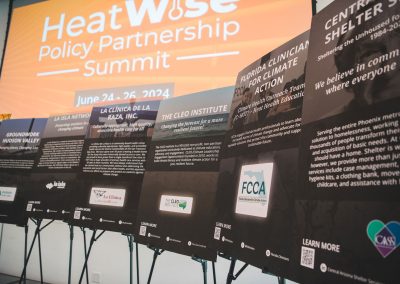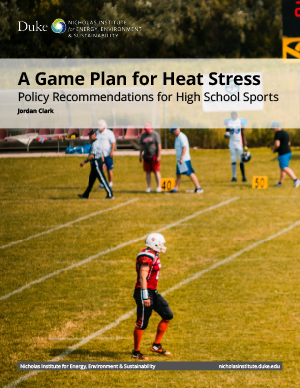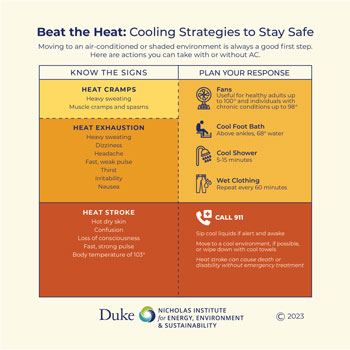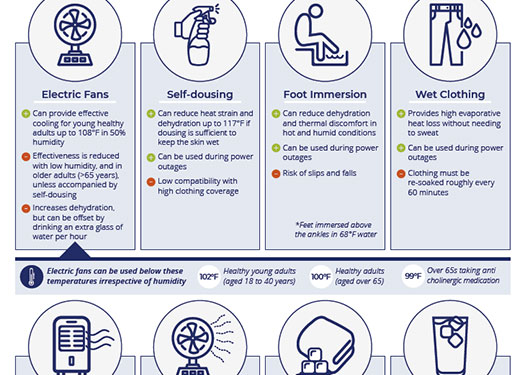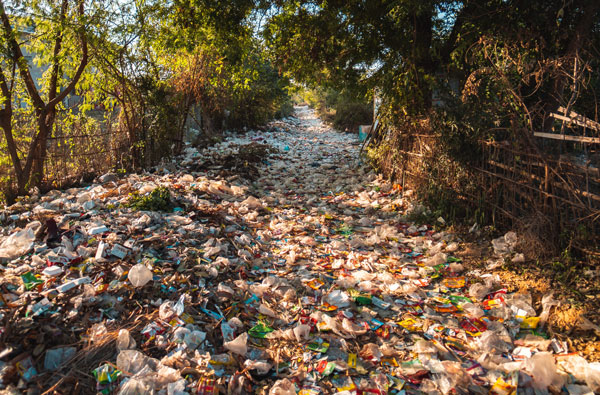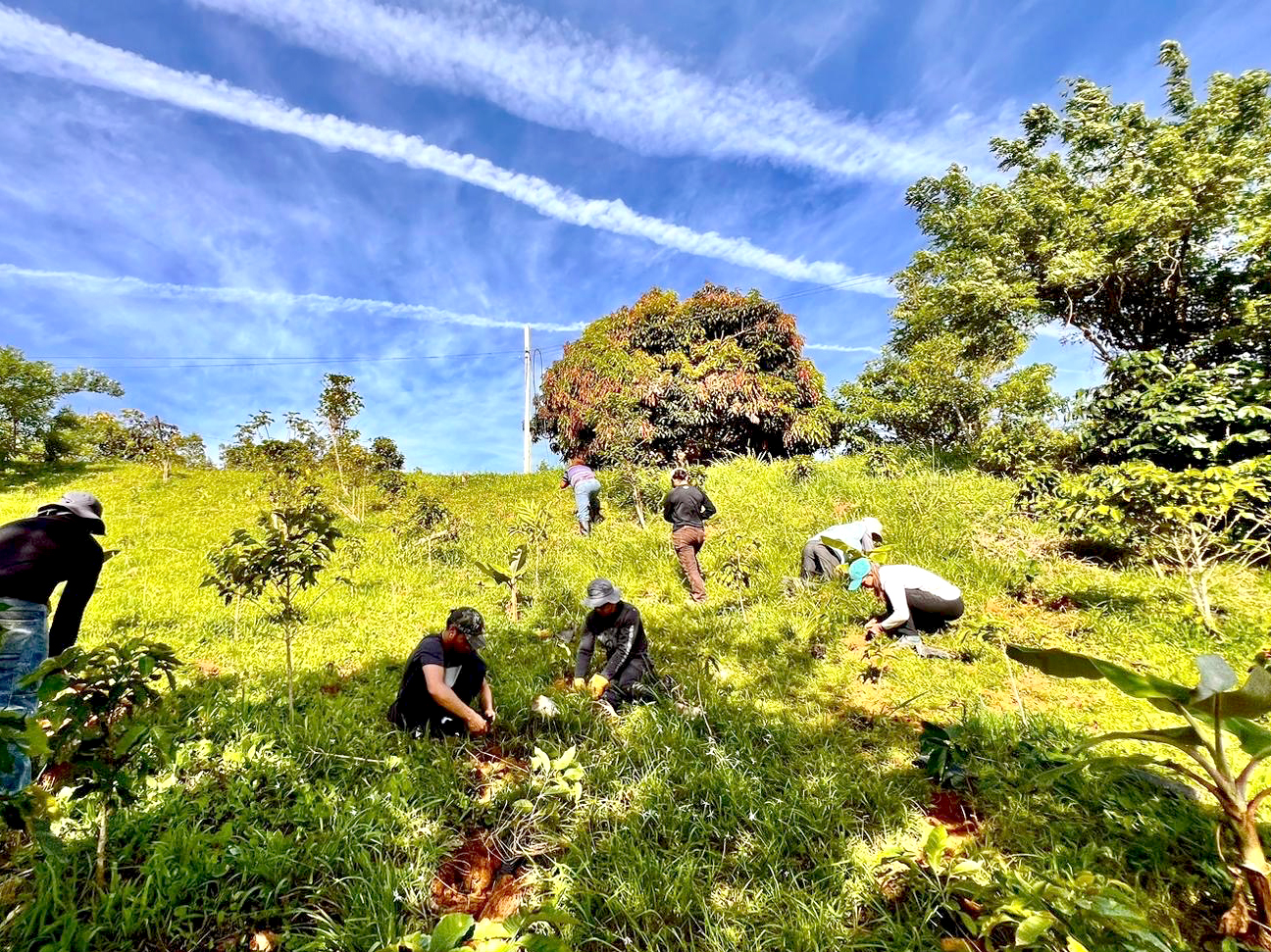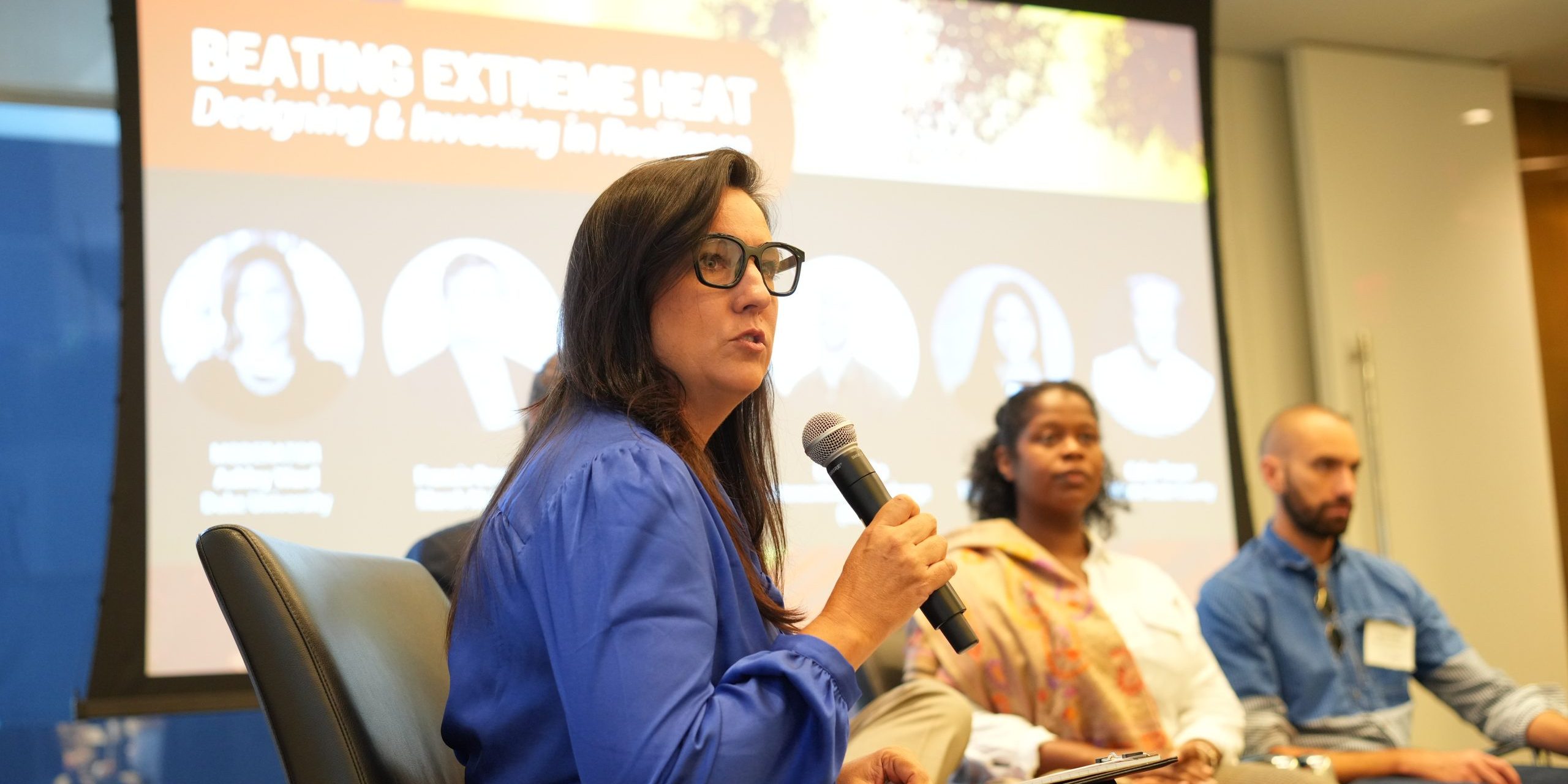Climate, Health, and Justice
Climate change and other environmental challenges pose significant health threats to all of us—and often disproportionately affect communities that are already vulnerable. Here are a few ways that Nicholas Institute experts are helping illuminate risks and drive equitable solutions.
Highlight
Heat Policy Innovation Hub Develops Solutions to Protect Communities
Launched in June 2023, the Heat Policy Innovation Hub brings together scientists and communities to develop and deploy innovative policy solutions that reduce the impacts of extreme heat on human health and well-being. In FY 2024, hub experts convened experts nationwide to collaborate on solutions at the HeatWise Public Partnership Summit, partnered with North Carolina public agencies to develop a Heat Action Plan Toolkit, and published a national assessment of state policies to protect high school athletes during extreme heat.
It is important that we understand that heat is not a single-season issue. We have to plan year-round in order to be prepared for every heat season.
Summit Launches HeatWise Policy Partnership
In June 2024, the Heat Policy Innovation Hub convened a cross-sectoral summit of 100+ leaders from across the US for three days. The event launched the HeatWise Policy Partnership, a brain trust of leaders who will engage in sustained collaboration on heat solutions. What’s next? The Nicholas Institute will publish attendees’ recommendations on three initial topics, including rural communities’ heat vulnerability.
attendees at HeatWise Policy Partnership Summit

Part of what heightens the failure rate whenever you’re working on a complex problem is when the silos never meet. You need to pressure test ideas from a number of different dimensions: Is it what the community wants? Is it financially feasible? Is it scalable? Can you solidify good solutions with policy?
HeatWise attendee Kimberlee Cornett, senior director of impact investments, Robert Wood Johnson Foundation
Duke Partners with North Carolina Agencies on Tools for Reducing Heat Risk
The Heat Policy Innovation Hub partnered with three state agencies to develop a Heat Action Plan Toolkit that aims to help better protect North Carolina communities against extreme heat’s health impacts. The toolkit includes a customizable heat action plan template and public outreach resources, as well as recommended actions for healthcare staff and local leaders when extreme heat is in the forecast.
Hub Offers a Game Plan for Protecting High School Athletes in the Heat
A July 2023 Nicholas Institute policy brief offers a comprehensive strategy for high school athletics associations across the United States to ensure the health and well-being of student-athletes as they train and compete in high temperatures.
Increasing Public Awareness of Heat’s Dangers, Potential Solutions
In the Heat Policy Innovation Hub’s first year, Nicholas Institute experts have leveraged media relations and published commentaries to help position Duke University as a leading institution on heat and human health.
appearances in news media outlets, including:
- The New York Times
- Washington Post
- CNN
- NBC News
- NPR
- Associated Press
- USA Today
- The Guardian
- National Geographic
- Vox
- Nature
- The New Republic
- The (Raleigh) News & Observer
- …and more!
- The New York Times
views per month of hub work on the Nicholas Institute website
social media impressions
Highlight
Duke Experts Inform White House Strategy on Plastic Pollution
Derived from fossil fuels, plastics pose threats to humans and nature throughout their life cycle, starting with emissions-intensive production processes. In July 2024, the White House released “the first comprehensive, government-wide strategy to target plastic pollution at production, processing, use, and disposal.” The strategy cites Duke research on the environmental justice implications of plastics that was published in Frontiers in Marine Science. The study examines the inequitable distributions of plastics’ benefits and burdens on economies and public health and identifies solutions that mitigate some burdens. Members of Duke’s Plastic Pollution Working Group, which is hosted by the Nicholas Institute, provided background on additional topics during development of the strategy.
Plastics Policy Resources
Launched in 2020, the Nicholas Institute’s Plastics Policy Inventory is a searchable database of public policies introduced around the world to reduce plastic use and waste. In 2023, a team of Duke scholars and students expanded the institute’s suite of resources dedicated to plastics policy to inform decision-making anywhere from global treaty negotiations to local ordinances.
Monitoring Trends
The Nicholas Institute released its second annual brief detailing trends in plastics policy around the world based on the inventory, which grew by 300 documents over the previous year. While plastics policymaking continues to surge, the brief identifies gaps in both the types of plastics targeted and the policy instruments used.
Tracking Policy Effectiveness
The Plastics Policy Effectiveness Study Library connects the inventory with more than two decades of qualitative and quantitative literature. The library contains nearly 120 studies of plastics policy effectiveness, linked to more than 80 specific policy documents in the inventory.
Accounting for Gender
A policy brief provides an initial assessment of gender considerations in plastics policy based on a search of the inventory and interviews with nearly a dozen experts. While emerging evidence suggests women are disproportionately affected by plastic, only 25 policies identified in the inventory explicitly account for gender.
Education Spotlight
DukeEngage: Researching the Potential for Sustainable Development and Growth in Brazil
The Itaipu Binational Dam on the border of Paraguay and Brazil is a unique energy partnership that fuels 90% of Paraguay’s energy needs and 15% of Brazil’s. A team of eight Duke undergraduates, led by the Nicholas Institute’s Luana Marangon Lima, spent the summer of 2024 collaborating with Brazilian partners, delving into the operational intricacies of the dam, and assessing its transformative impact on the well-being of local communities.
Pictured: Duke students explored the complex infrastructure of one of the largest hydroelectric power plants in the world.
DukeEngage: Climate Change, Health, and Resilience for Food Security and Agritourism in Puerto Rico
The picturesque and culturally significant region around Utuado, Puerto Rico, is still recovering from the effects of Hurricane Maria, which devastated the island in 2017. Led by Nicholas Institute experts Kay Jowers and Ashley Ward, 10 Duke undergraduates worked with a local initiative and 14 of its member farmers to strengthen food security and resilience to climate change.
Pictured: Duke undergraduates planted trees to prevent soil erosion at a coffee farm in the mountainous region around Utuado.
More in Climate, Health, and Justice
Examining Structural Racism's Impacts on Health Disparities
Just Environments, a joint program of the Nicholas Institute and the Kenan Institute for Ethics, received pilot funding for a project examining how structural racism affects health disparities in and around Durham.
Ensuring You’re Actually Helping When You Volunteer
Kay Jowers, director of Just Environments, offers nine tips for making the best contributions while volunteering with community organizations—and cultivating meaningful relationships while doing it.
Cultivating Climate Health Leadership
Ashley Ward, director of the Heat Policy Innovation Hub, will lead a project leveraging interdisciplinary dialogue and collaboration to advance actionable research toward a comprehensive climate-health portfolio.
Addressing Energy Inequity in the Carolinas
Researchers from the Nicholas Institute and the Duke Divinity School will team up with faith-based institutions and the private sector to address the funding gap contributing to persistent energy inequality in North and South Carolina.





